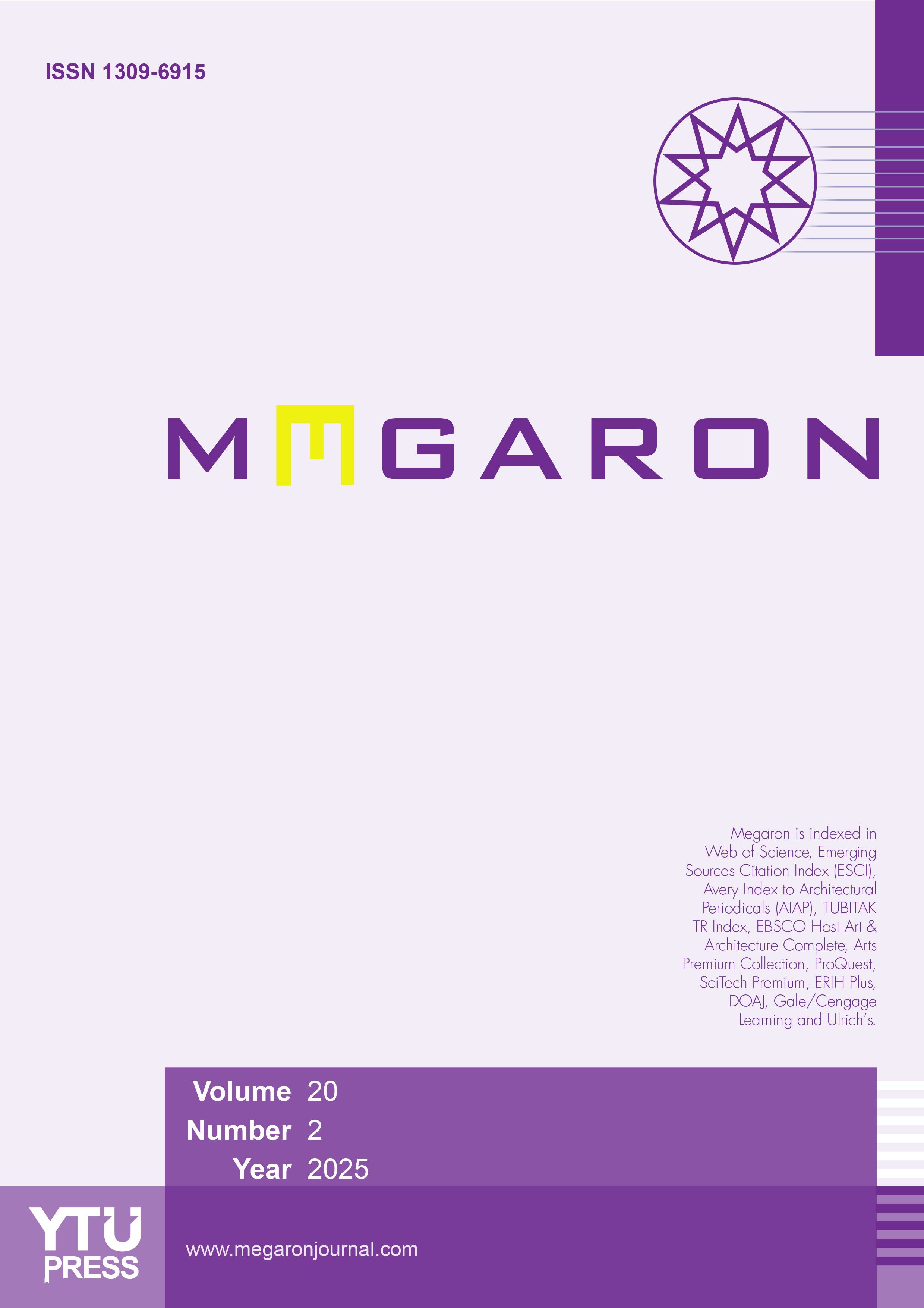Social Mixed Policy in the Transformation of Low-Income Housing Areas: The Case of Fikirtepe
Başak Bülbül Akın1, Asuman Türkün21Department of Urbanization And Environmental Problems, Marmara University Faculty of Political Science, İstanbul, Turkey2Department of Urban And Regional Planning, Yildiz Technical University Faculty of Architecture, İstanbul, Turkey
In the post-1990 period when globalization and neoliberal policies dominated, new urban and social policies were developed to combat increased poverty, the strategies for the transformation of cities and interventions for low-income housing areas have changed, different approaches to low-incomes in housing policies have come up for the solution of social problems. Among these approaches, the “social mix policy” which is effective in many European and US cities has an important place. According to this approach; poverty is concentrated in low-income housing areas associated with low-income, unemployment and crime, thereby the socio-spatial segregations are deepening. Therefore, it was aimed to prevent these problems by restructuring and reconstructing the social housing which is the habitat of the low-incomes, arranging these areas to live together with the low and middle-income people. In Turkey, this perspective of urban transformation approach and rhetoric became prominent in the 2000s. The phenomenon of urban transformation that constitutes Turkey’s most important agenda after 1999 Marmara Earthquake is dealt with the approach of integrating habitats of different socio-economic groups within the framework of social policy mix in the upper-scale plans, ensuring social cohesion and is similar to the developments in the world in terms of results. In this study, the context, objectives, implementation and results of social mix policy will be analyzed, establishing a relationship with the urban transformation in Turkey, Fikirtepe Urban Transformation Project Area identified as a case study will be discussed in private. Within this policy supported by discourses in the study area such as risk of disaster, unhealthy living conditions and security, the extent to which the transformation strategy for different income groups living together in the transformation implementation, the needs and demands of all income groups are taken into consideration and whether the project can produce solutions to socio-economic problems will be examined.
Keywords: Low-income housing areas, Fikirtepe; urban transformation; social mixed policy.Dar Gelirli Konut Alanlarının Dönüşümünde Sosyal Karma Politikası: Fikirtepe Örneği
Başak Bülbül Akın1, Asuman Türkün21Marmara Üniversitesi Siyasal Bilgiler Fakültesi, Kentleşme ve Çevre Sorunları Anabilim Dalı, İstanbul2Yıldız Teknik Üniversitesi Mimarlık Fakültesi, Şehircilik Anabilim Dalı, İstanbul
Küreselleşme ve neoliberal politikaların hakim olduğu 1990 sonrası dönemde, artan yoksullukla mücadele etmek üzere yeni kentsel ve sosyal politikalar geliştirilmiş, kentlerin dönüşümüne ilişkin stratejiler ve dar gelirli konut alanlarına yönelik müdahale biçimleri değişime uğramış ve sosyal problemlerin çözümü için konut politikalarında dar gelirlilere yönelik farklı yaklaşımlar gündeme gelmiştir. Bu yaklaşımlar arasında birçok Avrupa ve ABD kentinde etkili olan “sosyal karma politikası” önemli bir yer tutmaktadır. Bu yaklaşıma göre; düşük gelir, işsizlik ve suçla ilişkilendirilen dar gelirli konut alanlarında yoksulluk yoğunlaşmakta ve böylece sosyo-mekansal ayrışmalar derinleşmektedir. Bu nedenle dar gelirlilerin yaşam alanları olan sosyal konutların yıkılarak yeniden yapılaşması ve bu alanların dar ve orta gelirlilerin birlikte yaşayacağı şekilde düzenlenmesiyle, söz konusu sorunların önüne geçilmesi amaçlanmıştır. Türkiye’de de 2000’li yıllarda kentsel dönüşüm yaklaşımı ve söylemleri içinde bu bakış açısı öne çıkmıştır. 1999 Marmara Depremi’nden sonra Türkiye’nin en önemli gündemini oluşturan kentsel dönüşüm olgusu, üst ölçek planlarda sosyal karma politikası anlayışı çerçevesinde farklı sosyo-ekonomik grupların yaşam alanlarının kaynaştırılması ve sosyal bütünleşmenin sağlanması yaklaşımıyla ele alınmakta ve sonuçları bakımından da dünyadaki gelişmelere benzerlik göstermektedir. Bu çalışmada, sosyal karma politikasının kapsamı, hedefleri, uygulama ve sonuçları incelenecek, Türkiye’deki kentsel dönüşüm yaklaşımıyla ilişkisi kurularak, çalışma alanı olarak belirlenen Fikirtepe Kentsel Dönüşüm Proje Alanı özelinde tartışılacaktır. Örnek alanda afet riski, sağlıksız yaşam koşulları, güvenlik gibi söylemlerle desteklenen bu politika kapsamında, dönüşüm uygulamasında farklı gelir gruplarının birlikte yaşamasına yönelik dönüşüm stratejisinin ne derece gerçekleştiği, tüm gelir gruplarının ihtiyaç ve taleplerinin göz önüne alınıp alınmadığı ve projenin sosyo-ekonomik sorunlara çözüm üretip üretemediği sorgulanacaktır.
Anahtar Kelimeler: Dar gelirli konut alanları, Fikirtepe; kentsel dönüşüm; Sosyal karma politikası.Manuscript Language: Turkish








